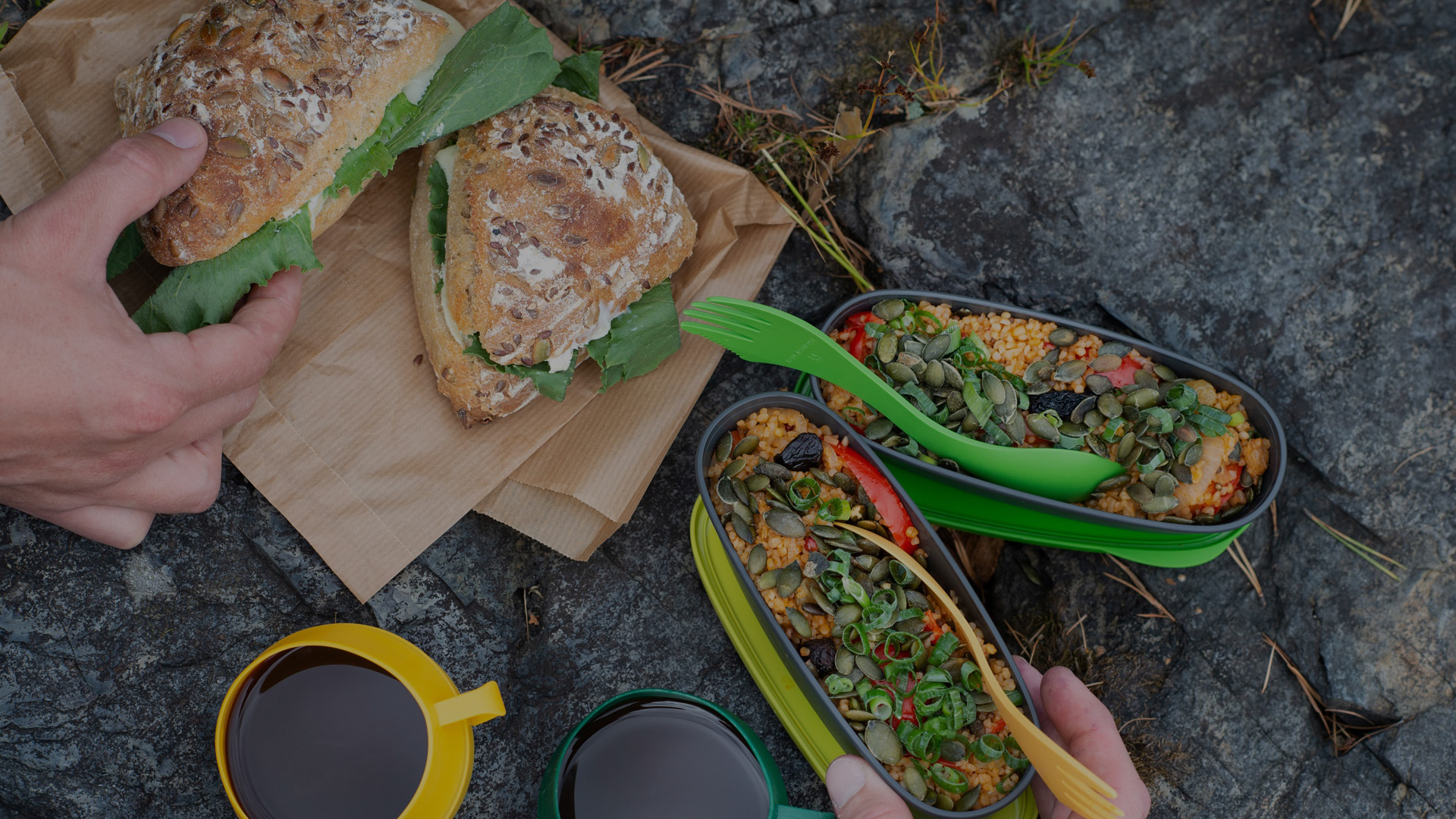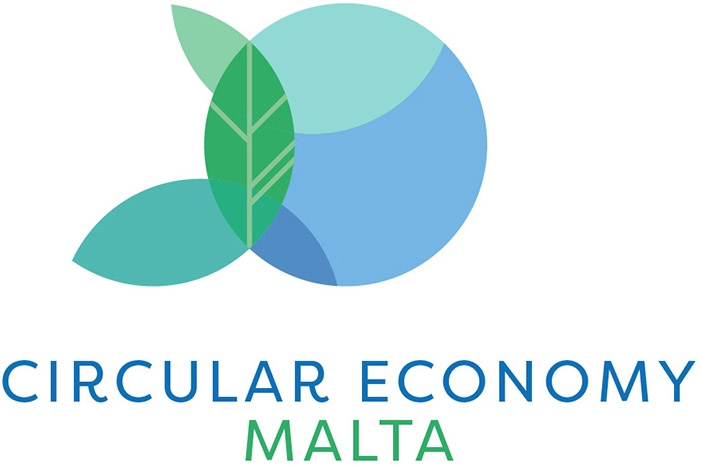
Keeping Things Contained: Creating a Circular Economy
July 2, 2024

The Human Craving for Food
July 2, 2024
Tuna Season: An Export in Malta and the Benefits of Consuming Local Produce
July 3, 2024Going green matters, especially within the food and beverage industry where the reliance on single use packing remains alarmingly high.
Implemented last April, by Circular Economy Malta, the Bring Your Own Container initiative encourages customers to provide their respective, reusable containers, embracing the principles of a circular economy.
The aim of this initiative discourages the use of disposable containers to lessen the impact of environmental degradation. Those in the industry also have the option to provide reusable containers against a deposit fee, creating a centralised system where items are collected, cleaned and redistributed from one facility.
BYOC gives businesses the opportunity to create customer friendly incentives through discounts and loyalty points. Establishments who have already joined this initiative can be recognised through the BOYC logo on storefronts, placing them on the list of eco friendly entities thus attracting more environmentally conscious customers.
This voluntary program advocates a shift in mentality, one where reuse and refill practices are adopted whilst shopping or dining, reducing the consumption of single use plastic whether it’s from take out food or grocery packaging. This conscious effort helps provide a practical solution for waste reduction which aligns with CE Malta’s ethos.
Due to its predominant landfilling waste treatment, Malta’s recycling rate remains the lowest amongst Europe, generating an average of 621 kilos per capita. The formalisation of the Waste Management Plan, for 2021-2030, as required by the European Union Waste Framework Directive, has been incorporated into local legislation.
The new EU Waste Package, sets stricter landfilling limits on our island, whilst also imposing specific recycling targets for other materials such as paper, plastic, metal, glass, and wood. These measures also relieve strain on waste logistics and the infrastructure.
BYOC isn’t just a local initiative, countries like Germany, Spain, Singapore and America, have also adopted this measure. This initiative isn’t solely reserved for the food and beverage sector but also within other industries, where waste management may be contained through alternative measures.
According to the 2020 Early Warning Assessment for Malta’s Municipal and Packaging, every person generated an average of 150 kilos of waste (Eurostat 2021). However, in 2021 the NSO found a 4.4% decrease from previous years - this indicates a more environmentally conscious mentality.
From the industry’s point of view, the reduction of single use plastic not only promotes sustainability, it also reduces costs associated with the disposal of these items. Paving ways towards more sustainability, the BYOC initiative lowers purchasing costs for the industry, and attracts environmentally conscious customers.
Active promotions raise awareness and create social acceptance. The initiative includes educational workshops, public service announcements, television advertisements, and social media campaigns, whilst industry professionals are kept in the loop through emails, phone calls and on site visits where guidelines and conditions are discussed.
So far, 256 catering establishments have joined this initiative. Those registered have received BYOC-branded stickers and secure a spot on the agency’s website via a centralised map that pins name and location of all BYOC registered establishments. Compliance is monitored through regular site visits, which also identifies participating consumers.
In a world where sustainable practices are on the rise, BOYC’s proactive initiative, provides an avand gard approach that inevitably attracts those who want to preserve the planet for future generations.
The Circular Economy Malta (CEMalta) is the designated competent entity, set up by Government, for the Circular Economy under the Environment Protection Act. The Government of Malta is committed to reduce the volume of waste currently being disposed of at existent landfills, both for environmental and spatial reasons. In view of this, circular economic activities can play a crucial role in the effective reduction of disposal of waste in landfills.
For more information visit https://www.cemalta.gov.mt
Click here to see Horeca Issue 16 online




